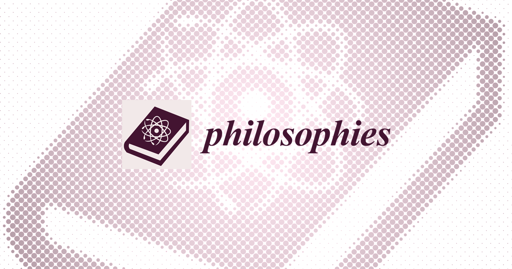Abstract
: A central question within contemporary debates about the structure of self-love concerns the place and status of the other. Is self-love identical to, or at least vulnerable to, the accusation of self-absorption and narcissism? Whereas contemporary critiques of self-love argue self-love is in principle impossible, the present essay suggests that self-love can be integrated with the love of the other at an a priori level. This material a priori, distinct from the Kantian formal a priori, entails resources such as commitment to myself, to the other, and to us as relational unit, as well as to the enforcement of boundaries that protects against acts of injury and abuse instigated against that relational unit; I suggest such resources overcome the charge of narcissism levelled at the very idea of self-love. Prior to that, a brief contextual discussion of key moves about philosophical anthropology, focused on the concept of the monad in Leibniz, Husserl and its extreme repudiation in Jean-Luc Marion, is to be addressed. Finally I assess the intimate relationship between self-love and the love of the other inspired in large part by Augustine’s anthropology.
Keywords
phenomenology; love; narcissism; the other; the a priori; Marion; Augustine; Kant



The idea of self-love has always seemed ridiculous to me. Statistically we are the biggest risk to ourselves. Growing up hearing “love your neighbor like you love yourself,” I was like, ‘y’all can we get a higher standard please.’